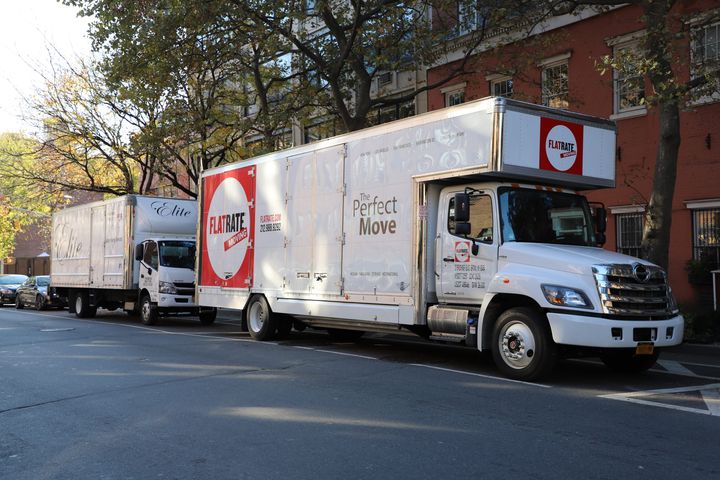So you’re moving to New York? Congratulations! It might take a little getting used to, but you’re going to love it here. Unless you’re making the big leap and purchasing a home, you’re joining the 60% of New Yorkers who rent. That means you’re in good company, which can be both a great thing and a challenge! So we’ve created the Ultimate Guide to Renting in NYC to help you tackle the rental process. From brokers to prices to what you’ll need to sign the lease, we’ve got you covered.
Choosing a Neighborhood in NYC
What are the criteria that make a neighborhood a good fit for you? The different neighborhoods of New York have diverse personalities, amenities, and opportunities. So ask yourself:
- What type of transportation opportunities do you need? Are you satisfied with having just one subway line, or do you need more options? Are you set on having your car, which means that you need parking? How quickly do you want to be able to access Midtown or other business districts?
- How much noise and bustle can you handle? Believe it or not, there are quieter parts of NYC. Some even have more of a suburban neighborhood feel with tree-lined streets! But these neighborhoods are going to be a bit further from the action and business district. If the noise doesn’t bother you, there are far more options along busier streets and closer to commercial areas.
- How important is green space? There are plenty of parks in New York, so you’ll never be that far from green space. But if you plan to visit every day with your children or your dog, you may not want to travel far. Identify the areas with ample access if that is the case.
- What type of home do you want? Condos, CoOps, walk-ups, luxury buildings, there are several living arrangements to choose from. The clearer you are on what you’re looking for, the easier it will be for your broker to find the right spot.
The best way to get a feel for a neighborhood is to visit. If possible, arrange for a short stay in the City to tour the areas you’re considering. Notice the noise, the local grocery options, the transportation situation, and the general feel you get from the area. If a personal visit isn’t possible before you move to NYC, there’s always Google Street View. That will give you a more realistic picture than just reading about the neighborhood!
Work with a broker
Particularly if you’re looking for a rental in NYC from afar, having a good broker on your side can save you time and, potentially, money. Choose a broker that asks lots of good questions about what you want in a neighborhood and home. Make sure they’re good about timely communication, and clear about their fee structure before you sign any contracts.
Luxury buildings often work with their agents to sign new residents, so if you find a building that you like you may be able to bypass the broker.
Make sure you understand building rules and regulations
Many buildings in NYC have, over time, established rules around certain things. Pets are a big one, and there are often regulations about how large a pet can be. Make sure you fully understand before you sign your lease!
During the pandemic, many buildings with doormen also changed rules around what types of packages the doorman will accept for you. Some no longer will accept grocery deliveries, meaning you’ll need to be on your game to go out and receive packages. There are also typically rules around when you are allowed to move in and out of the building: most places prohibit moving on the weekend and require reservations for the elevator.
Have your documents ready
Renting in NYC can move quickly, so you want to be prepared to begin the process immediately if you find the right spot. To secure a rental, in most cases you’ll need:
- Photo ids, such as a driver’s license or passport
- A letter of employment on company letterhead, including information about your salary or hourly pay. Entrepreneurs and freelancers will need to get creative about producing this information since landlords want proof of viable income. A letter from your accountant may suffice.
- Copies of recent pay stubs and bank statements. Usually, the last 3 months are enough.
- Reference from a previous landlord, and in some cases personal references. Your potential landlord will let you know if they want the latter.
- Tax returns for the last two years. If you have had a significant change in income, you may want to include a letter explaining this.
- Tuck away enough money to pay your deposit, as well as your first and last month’s rent.
Once you’ve found your rental and are ready to move, give us a call! We’ve been moving people in and around NYC since 1991, so we know our way around. Get a flat rate moving quote and prepare to enjoy your new life in NYC!

